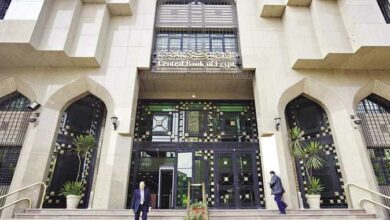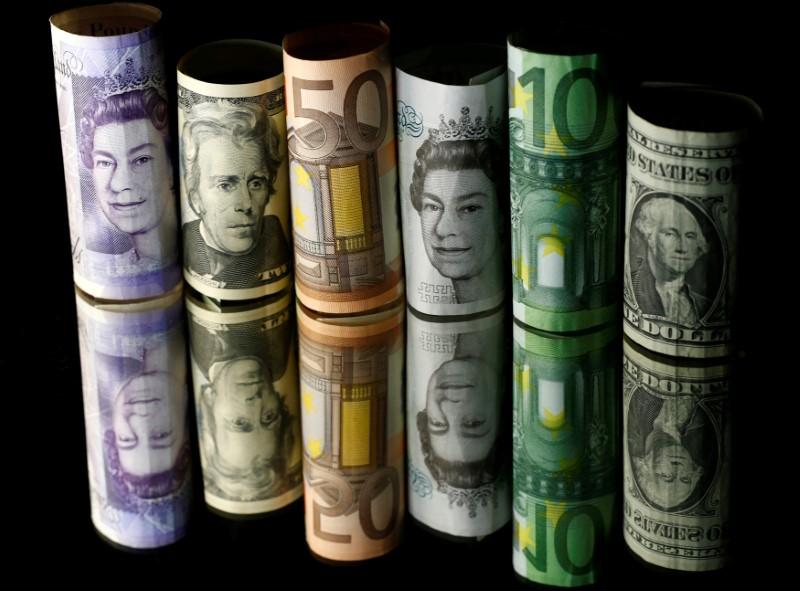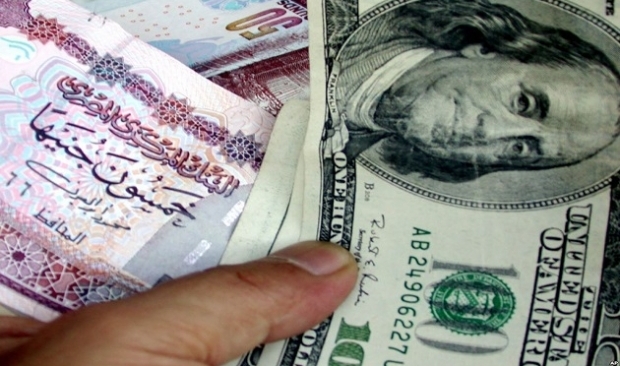Egypt has banned travelers from carrying more than US$10,000 in foreign currency cash in or out of the country, as officials worry over pressure on its pound currency and a rush by Egyptians to withdraw their savings from banks.
Political turmoil over the past month has raised fears among ordinary citizens that the government — which has pushed back talks to seal IMF funding till January — may not be able to get its fragile finances under control.
The Central Bank has spent more than $20 billion of its foreign reserves to support the pound since the popular uprising that toppled Hosni Mubarak in early 2011. It now has only $15 billion, which is equal to only about three months of imports cover.
Presidential spokesperson Yasser Ali on Tuesday confirmed the government decision, which includes US dollars or their equivalent in other foreign currencies. The decision also forbids sending cash through the mail.
The decision prohibits all travelers from "bringing foreign currency into the country or carrying it out to only $10,000."
Any funds over $10,000 must be transferred electronically, Ali added.
Previously, travelers were simply required to declare any amounts above $10,000 to authorities on their way in or out.
Bankers say depositors had been withdrawing greater amounts of cash from their accounts since President Mohamed Morsy issued a constitutional declaration last month that expanded his powers and threw the country into a political crisis.
The crisis has complicated a $4.8 billion loan the government is seeking from the International Monetary Fund.
The IMF had been due to approve the loan on 19 December, but the government asked for a delay after it cancelled a series of unpopular austerity measures deemed essential for its approval.




